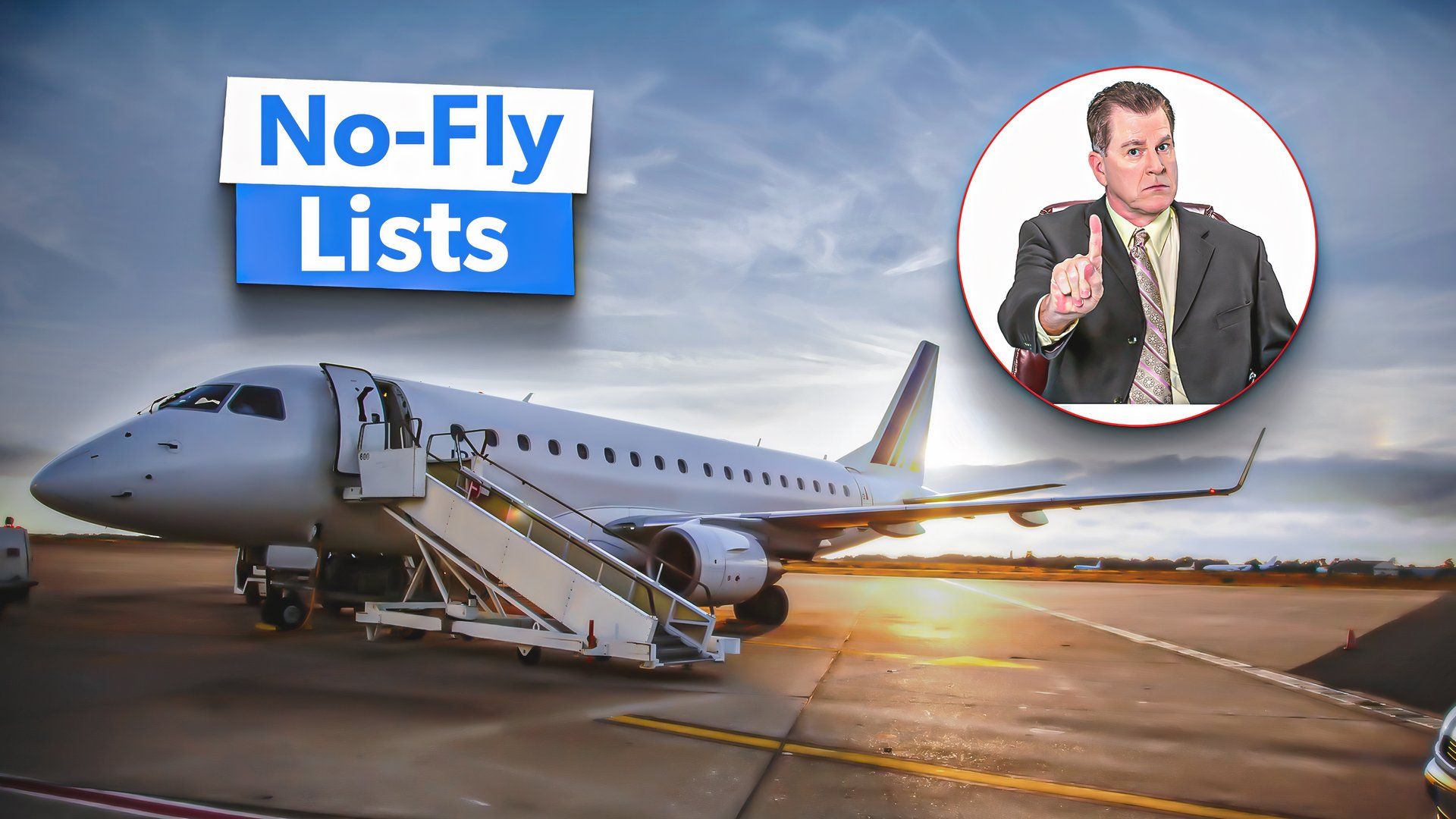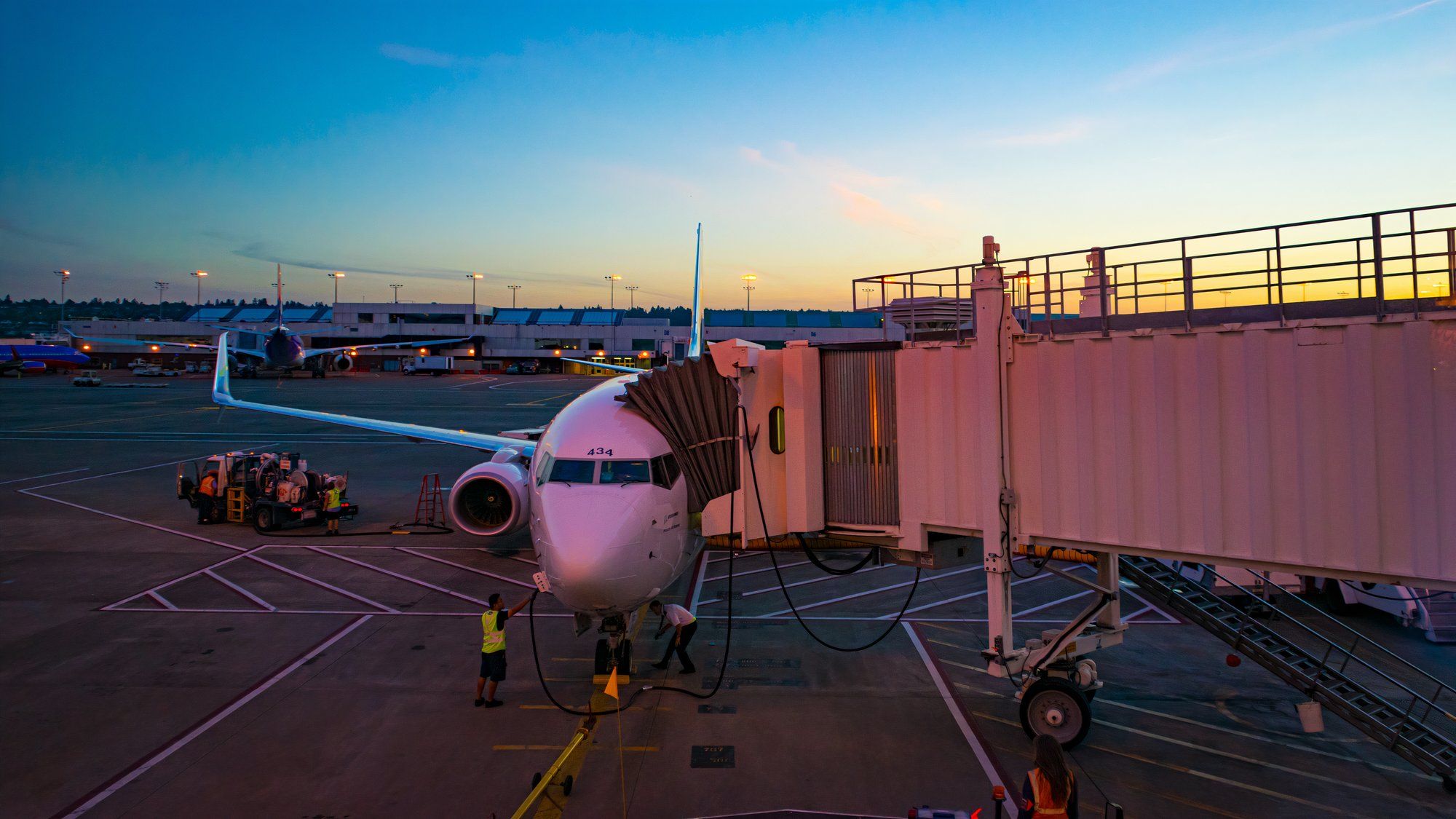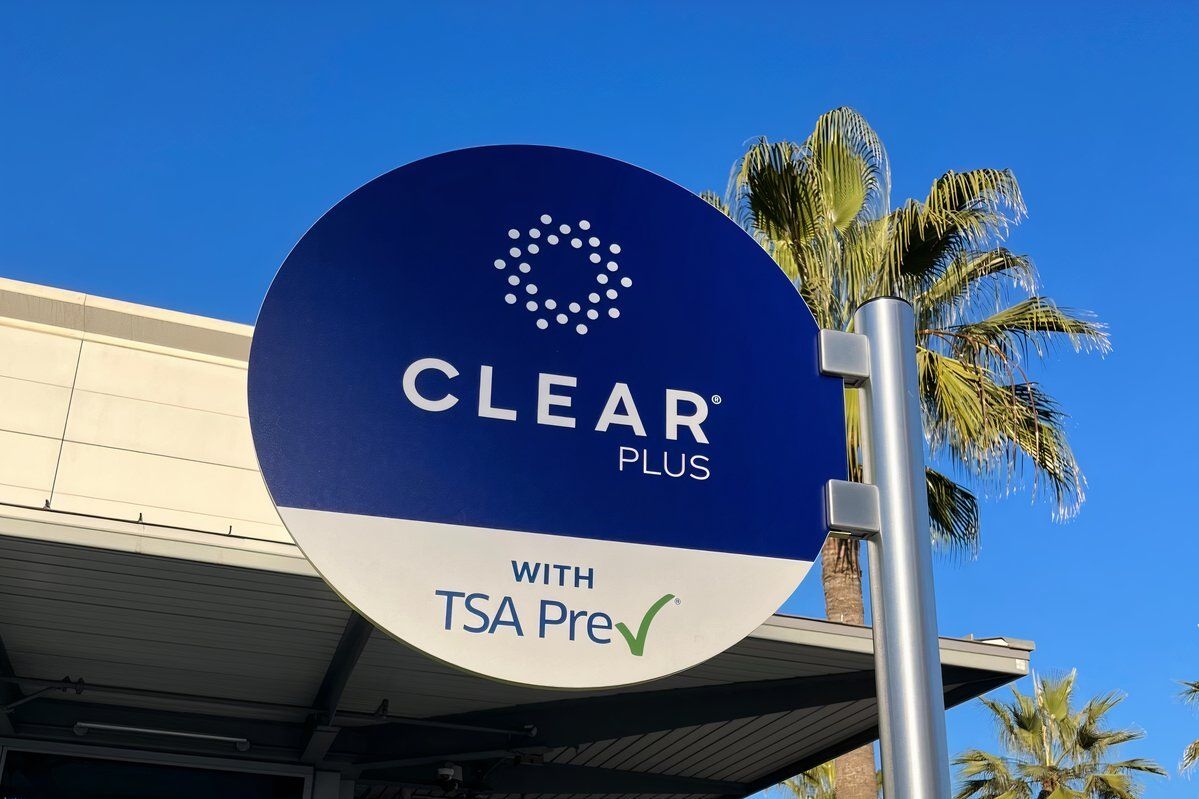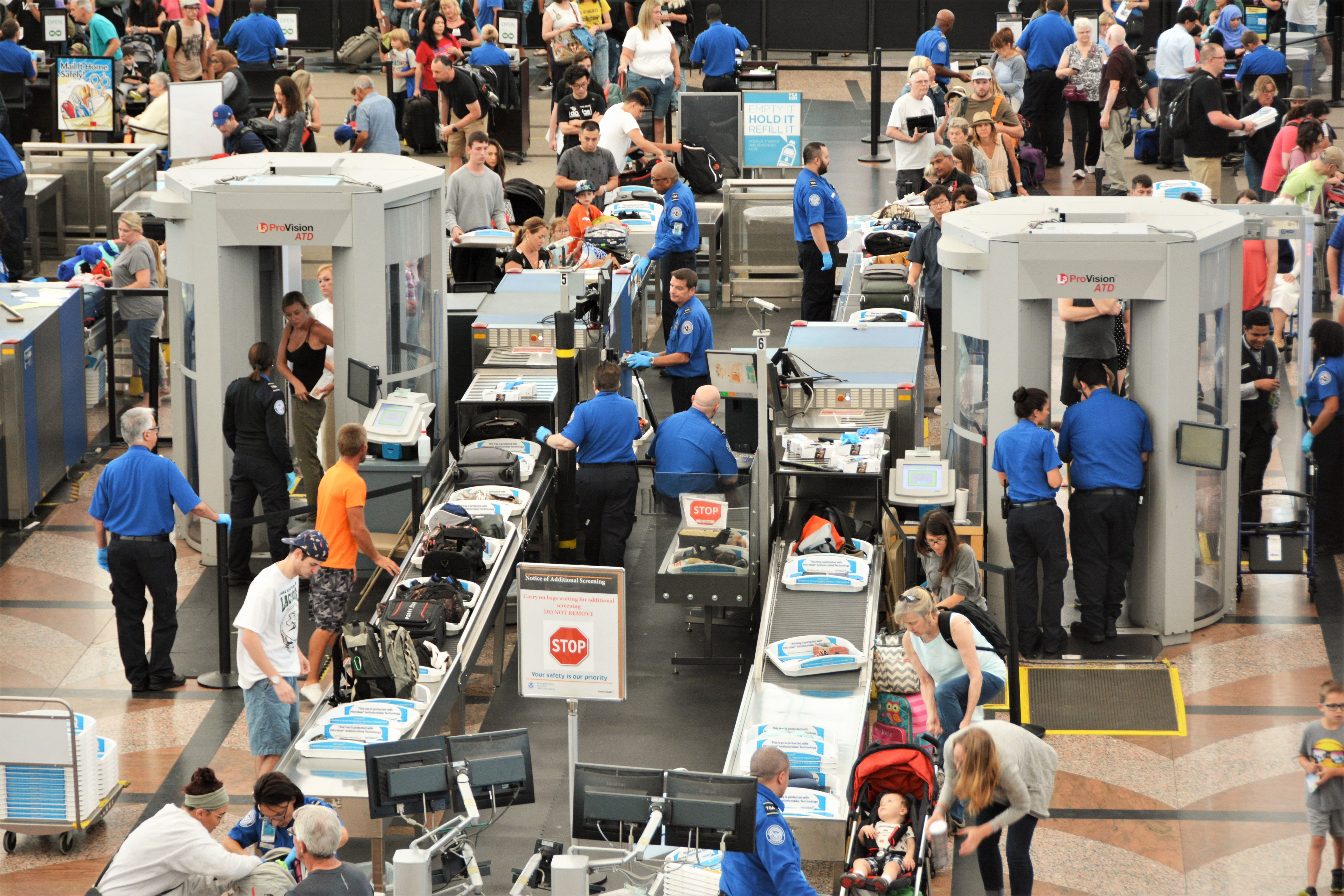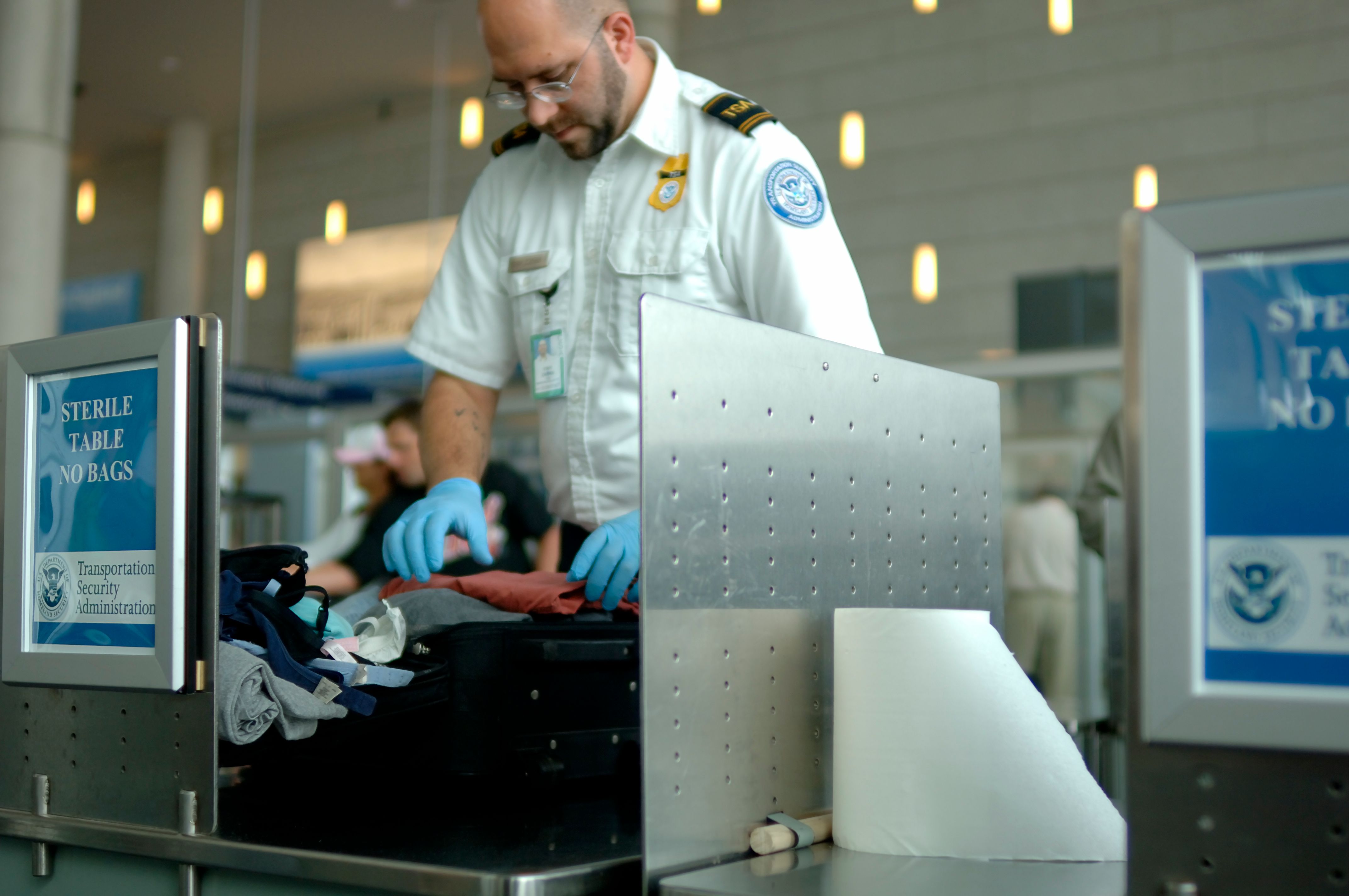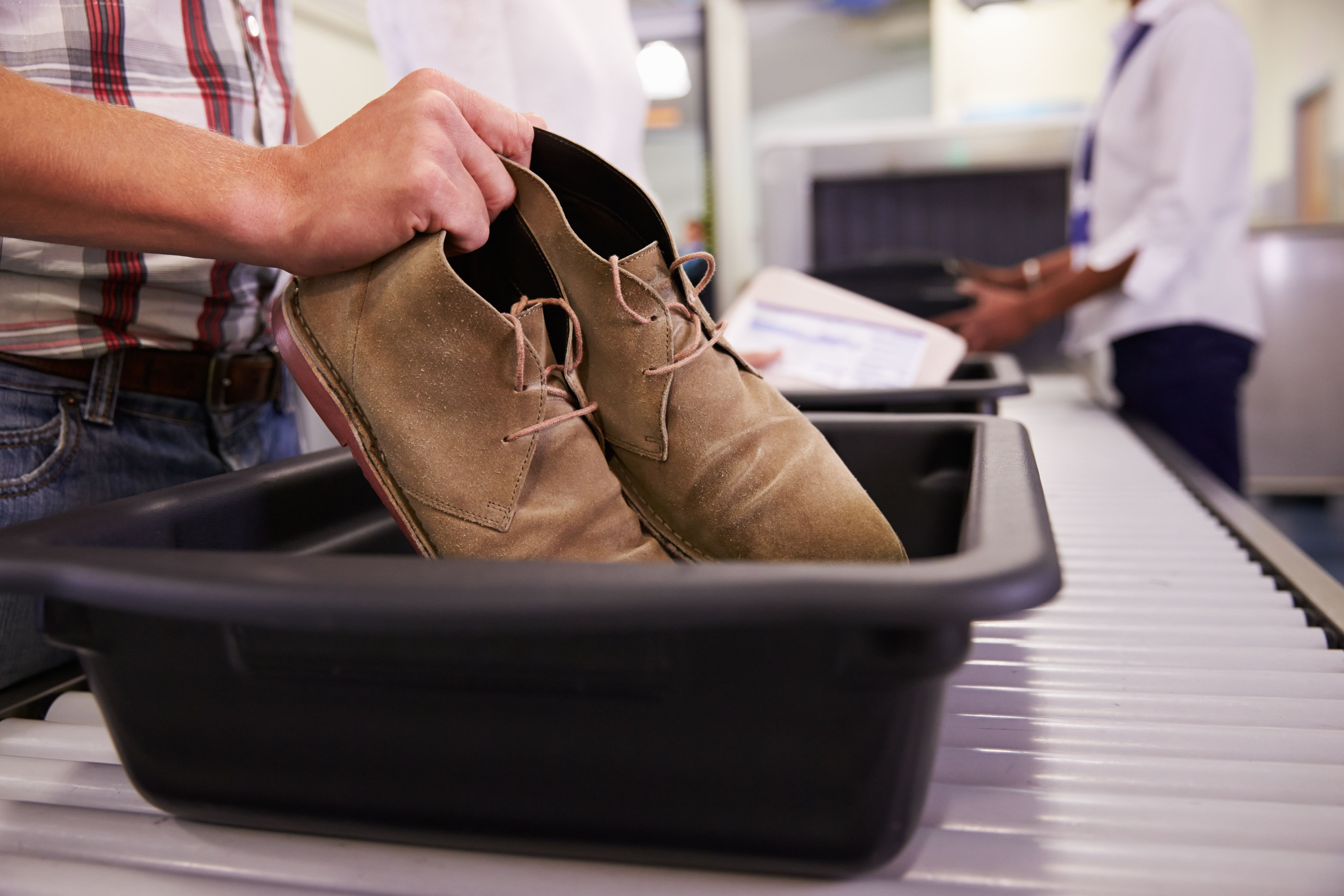Summary
- Federal and airline no-fly lists bar passengers from air travel based on safety concerns and unruly behavior.
- Critics raise concerns about civil liberties violations and profiling on the federal no-fly list.
- Delta CEO Ed Bastian has asked for federal involvement in creating a comprehensive no-fly list for unruly passengers, similar to the federal no-fly list for terrorism.
Despite the prevalence of air travel today, booking a flight is still a privilege. Not everyone has the means, ability, or freedom to travel, and most believe that those who do should act appropriately.
To ensure the safety and comfort of passengers, the US federal government and airlines reserve the right to ban individuals from flying within, into, or out of the US. This is accomplished with something called “no-fly lists,” which identify passengers prohibited from air travel.
There are two types of no-fly lists. While one is more severe, you don’t want your name added to either one. The milder type of no-fly list is maintained by individual airlines and identifies unruly passengers. The federal no-fly list is more serious and is part of an anti-terrorism program. No-fly lists have faced criticism and concern has been raised over their propensity to profile or discriminate against passengers. Several cases have gone to court regarding individual violations of US citizens’ rights.
Photo: Joe Kunzler | Simple Flying
In the wake of a high-profile case addressing this topic, the federal government has committed to informing US citizens and permanent residents if they are added to the no-fly list. Additionally, the Department of Homeland Security (DHS) has reformed the Traveler Redress Inquiry Program (TRIP) to make it easier for passengers to protest their placement on the list and learn more about why they were added.
Federal no-fly list
Before the 9/11 terrorist attacks, the US federal government had a short list of individuals they deemed a threat to aviation and who were, therefore, banned from flying within the country. By November 2001, more than 400 names had been added to the Terrorist Watch List, per Internet Archive.
As the list grew and other government agencies created their own terrorism watch lists, the FBI realized the need for a department that would maintain a single database of names. In 2003, the FBI created the Terrorist Screening Center (TSC), which the agency deems:
“[The] global authority for watchlisting and identifying known and suspected terrorists.”
The TSC created a consolidated list of names, which it called the Terrorist Watchlist or Terrorist Screening Database (TSDB). This list contains thousands of records that are updated daily and shared with various entities, including:
- Federal, state, local, territorial, and tribal law enforcement
- Intelligence community members
- International partners
The TSC also created two subsets of the watchlist: the “No-Fly List” and the “Selectee List.” According to the FBI, the No-Fly List prevents a known or suspected terrorist from flying on a commercial aircraft that departs from or arrives in the US or traverses US airspace. The Selectee List is used to identify individuals who require additional screening before air travel due to safety concerns.
Issues with the list
The premise of the list seems to be in good faith, as most airline passengers and crew are simply hoping for a safe, enjoyable flight. However, the federal no-fly list has been criticized for various reasons. Primarily, critics have raised concerns about privacy and government secrecy, violations of civil liberties and due process grounds, and the potential for ethnic, religious, economic, political, or racial profiling and discrimination.
Many individuals have gone to court to challenge their placement on the federal no-fly list. Most did not know they were on the list until they were barred from a flight, and many were not informed of the reason behind their name’s inclusion. Others claim that they were placed on the list as a result of profiling rather than for legitimate reasons.
One notable case, FBI v. Fikre, involved Yonas Fikre, a US citizen who claimed he was wrongly placed on the no-fly list due to his religion and ethnicity. Fikre, who had immigrated to the US from Sudan and obtained US citizenship, traveled from his home in Oregon to Sudan in 2009.
While visiting the US embassy there, Fikre was informed that he could not return home to the US because the FBI had placed him on the no-fly list. Fikre said two FBI agents questioned him extensively about the Portland mosque he attended and even offered to remove him from the no-fly list if he agreed to act as an FBI informant and report on members of his religious community.
Fikre refused the agents’ offer and traveled to the United Arab Emirates since he was unable to return home. There, he was reportedly interrogated and detained by authorities for 106 days on the orders of the FBI.
Fikre eventually traveled to Sweden, where he remained until 2015. While there, he filed a suit alleging that the US government had violated his rights to procedural due process because they did not provide meaningful notice of adding him to the no-fly list nor offer any appropriate way to obtain redress. Fikre also claimed he was targeted and profiled unconstitutionally based on his race, national origin, and religious beliefs.
While the FBI eventually removed Fikre’s name from the list, they refused to admit fault and sought dismissal of the case in district court. Although the court agreed with the government, Fikre’s legal team did not back down.
After several years in various lower courts, Fikre’s case finally reached the US Supreme Court in January 2024. In March, the Court issued its decision in favor of Fikre, showing its support for holding the federal government accountable for violating American citizens’ freedoms.
Prior to FBI v. Fikre, individuals were not informed of their inclusion on the no-fly list until attempting to purchase an airline ticket. In response to the Supreme Court ruling, the federal government has committed to telling US citizens and permanent residents if they are on the no-fly list and has established a revised redress system for passengers who feel they have been wrongly listed.
What if I’m on the list?
According to the Transportation Security Administration (TSA), the Department of Homeland Security Traveler Redress Inquiry Program (DHS TRIP) can help travelers with difficulties getting through security and inspection at airport checkpoints, train stations, and US borders. The DHS lists some of these commonly encountered difficulties as including:
- Denied or delayed airline boarding
- Repeated additional screening
- Denied or delayed entry into the United States via airport, border crossing, or seaport.
Passengers who believe they are wrongly included on the no-fly list or are unfairly subjected to additional screening may submit a form through the program to appeal the decision. Travel and Leisure explains that many passengers who face additional travel delays or complications do so through no fault of their own. Instead, it is simply because of issues such as sharing a name similar to someone on the no-fly or terrorist watch lists.
After an individual applies for redress through DHS TRIP, they are investigated by the federal government. If not deemed a security threat, they will be issued a redress number to add to future airline bookings. Ideally, this number would prevent the passenger from facing routine additional screening at security checkpoints or being misidentified as someone on the no-fly list.
Airline no-fly lists
The federal no-fly list identifies passengers with past or present ties that could potentially be dangerous to commercial aviation. However, the list does not address other minor situations that can negatively affect air travel or passenger and crew safety.
In the aftermath of the COVID-19 pandemic and its disruptions to air travel, “unruly” passenger behavior increased to record-breaking highs. The FAA defines “unruly” incidents as those:
“…where airline passengers have disrupted flights with threatening or violent behavior…”
According to NPR, the Federal Aviation Administration (FAA) fielded 5,973 reports of unruly passengers in 2021, a 429% increase from the previous year. The FAA states that over $5 million in fines were required from unruly passengers that same year, compared to just $0.6 million in 2020.
|
2017 |
2018 |
2019 |
2020 |
2021 |
2022 |
2023 |
|
|---|---|---|---|---|---|---|---|
|
Unruly Passenger Reports |
544 |
889 |
1,161 |
1,009 |
5,973 |
2,455 |
2,075 |
|
Investigations Initiated |
53 |
120 |
116 |
107 |
1,113 |
831 |
512 |
|
Fines Levied |
$0.1M |
$0.3M |
$0.6M |
$0.6M |
$5M |
$8.4M |
$7.5M |
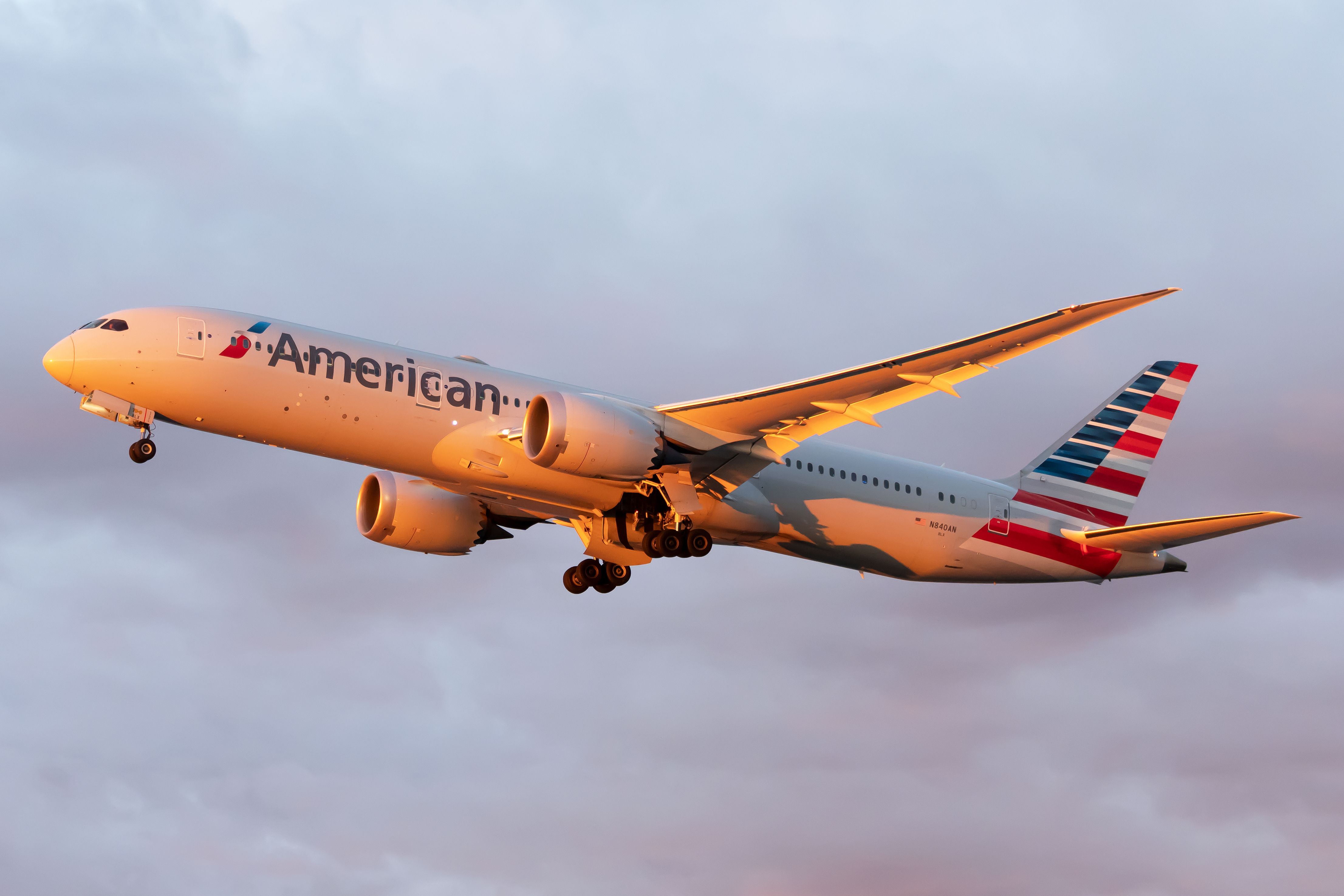
Related
Duct-Taped American Airlines Passenger Faces Record Fine
The incident took place three years ago, with the passenger receiving a fine of over $80,000.
Airlines recognized the need to make changes to ensure passengers had safe, comfortable flights. The increased disorderly and violent passenger behavior resulted in many airlines creating or expanding their no-fly lists.
These airline no-fly lists ban individuals from flying with a specific airline. Passengers can be added to these lists for “unruly” behavior, including in-flight inebriation, failure to comply with safety instructions (such as mask-wearing), or assault of a flight attendant. Even if a passenger has not committed a crime, airlines have the right to ban them from traveling on their aircraft if their behavior is deemed unacceptable or dangerous.
While these airline no-fly lists only apply to travel with individual airlines, more severe consequences can also be issued for non-compliance with airline rules. According to the FAA, unruly passengers can face several other penalties besides being placed on an airline’s no-fly list. These consequences include:
- Jail time, including a felony conviction by the FBI
- Fines up to $37,000
- Travel restrictions, such as removal from TSA PreCheck
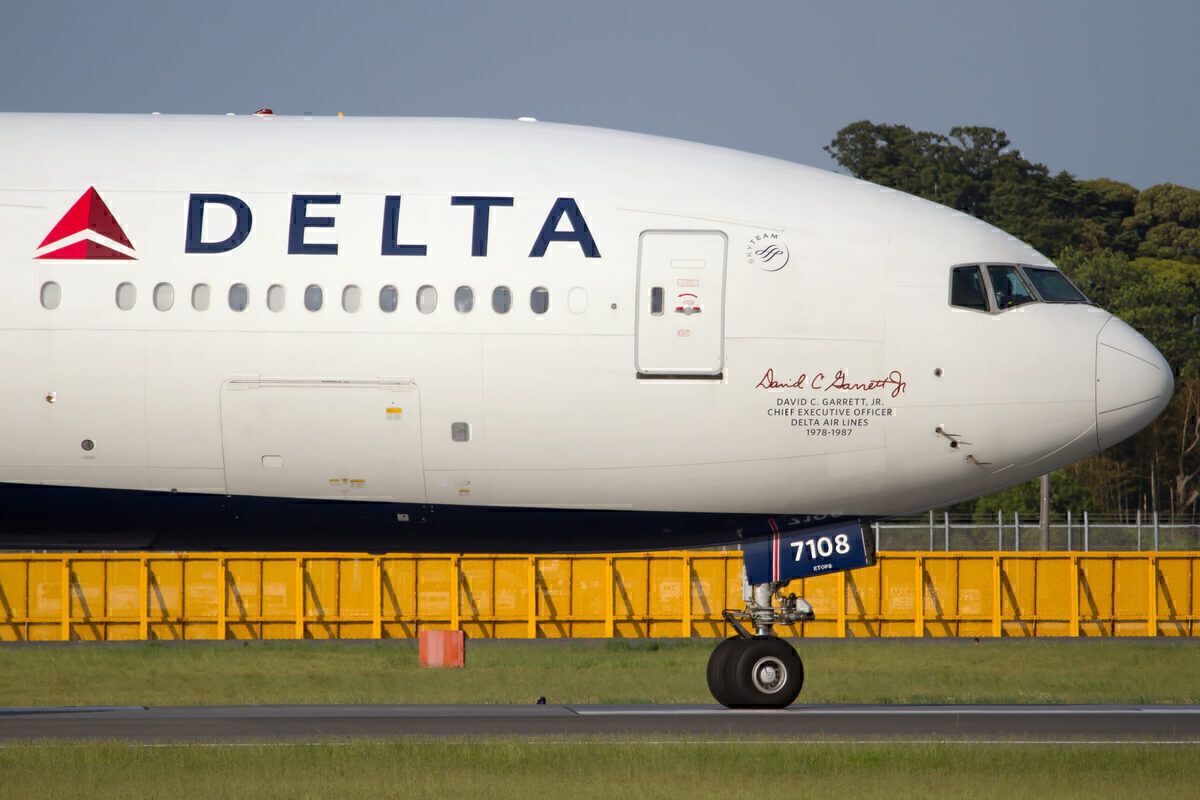
Related
Delta Air Lines Won’t Hesitate To Ban Disrespectful Passengers
Do we need a nationwide “unruly” no-fly list?
Because there is no national or universal no-fly list of unruly passengers, a passenger banned from one airline could potentially choose to fly with a different airline. This can create safety issues and enable individuals to commit disorderly acts across airlines.
In 2022, Delta Air Lines CEO Ed Bastian sent the US Attorney General a letter addressing this discrepancy. According to Reuters, Bastian’s letter requested the federal government’s help in establishing a nationwide no-fly list for unruly airline passengers. The letter claimed that such a list:
“…will help prevent future incidents and serve as a strong symbol of the consequences of not complying with crew member instructions on commercial aircraft.”
Delta noted that between 2020 and 2022, the airline placed nearly 1,900 people on its no-fly list for mask compliance refusal. Additionally, over 900 passengers’ names were submitted to the TSA to pursue civil penalties.
Delta’s CEO explained the importance of a comprehensive no-fly list for unruly passengers. According to Bastian’s statement to the Washington Post, this list would ensure:
“[individuals] who have endangered the safety and security of our people do not go on to do so on another carrier.”
However, some officials express concern over the creation of such a list. The American Civil Liberties Union (ACLU) warned that a comprehensive airline no-fly list could face some of the same pitfalls of previously established government no-fly lists, such as racial or ethnic profiling or misidentification of passengers due to name similarities.
Currently, Ed Bastian’s request for federal support of a comprehensive airline no-fly list has not been approved. According to a separate article by the Washington Post, industry discussions continue, although Delta spokespeople have said “nothing concrete” has been established.
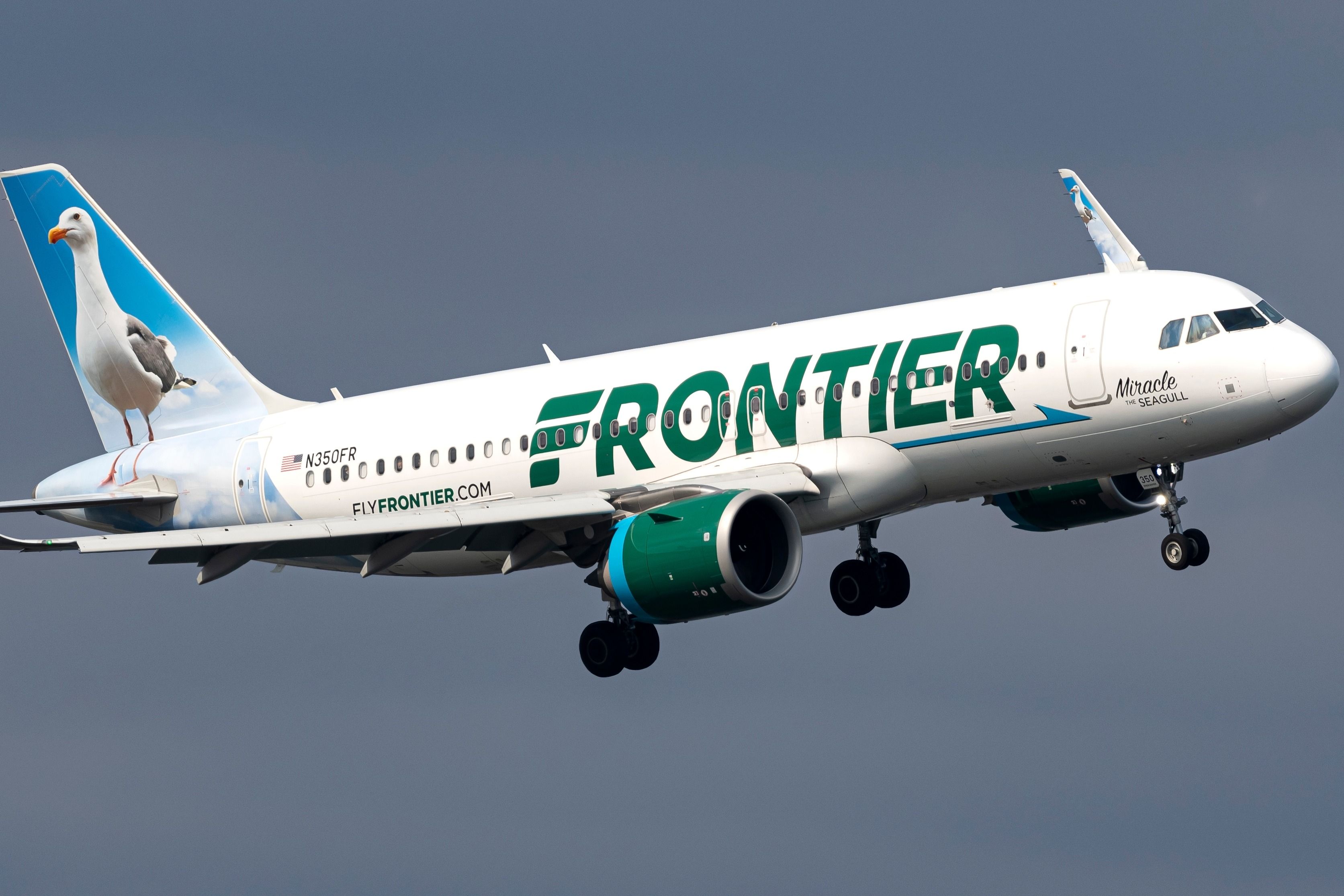
Related
Passenger Who Threatened To Urinate On Frontier Flight Charged With Indecent Exposure
The incident took place on November 20, 2023.

